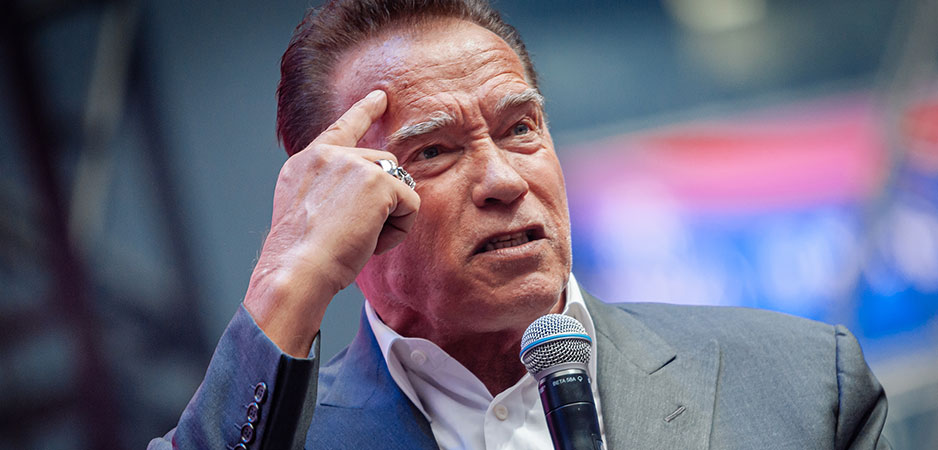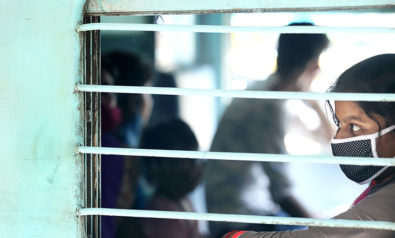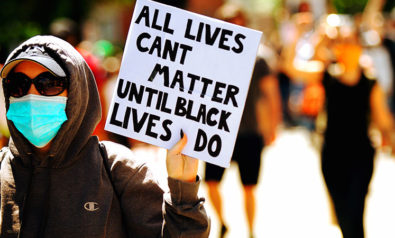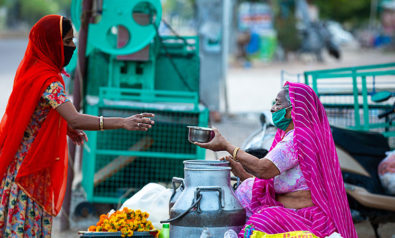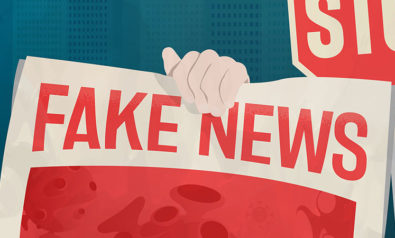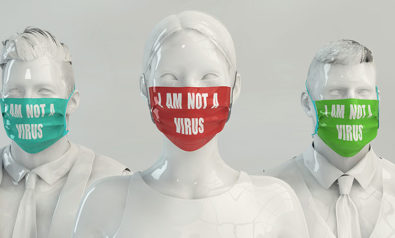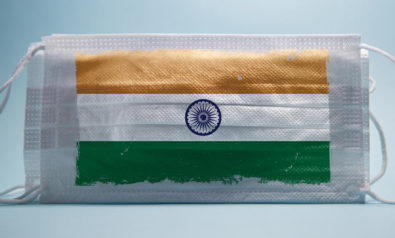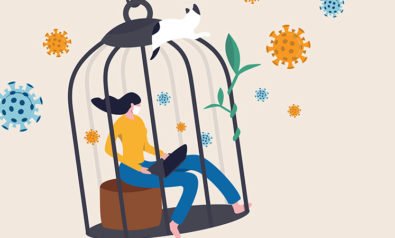“Once Upon a Time in the World” is a story set in a parallel universe in which the world has been gripped by a ghastly virus that threatens to decimate planet Earth’s population. All humans can do in this universe is hide themselves away from the deadly infective agent that attaches itself to unsuspecting souls then leaps across chasms less than 6 meters across.
The virus — let’s name it after the 19th son of the ancient Roman poet known for his elegiac love poems — is a riot: Ovid-19 gets in any party where there is a human host. It doesn’t wait to be invited. It jumps straight in. Anywhere. “Wait!” I hear you shout, “Surely not anywhere? Not the designer unreality of celebritydom, surely.”
Well, yes, Ovid-19 even gets in there, turning the hitherto paradisiacal playgrounds of the famous and often very rich celebs into Hell on Earth (the parallel Earth, I mean). The celebs have ruled imperiously over us with their manufactured assaults on social media, their crass snake oil sales, their exuberantly vulgar exhibitionism and their bottomless lack of taste. Yes, even they find themselves in their own version of a Grimm’s fairytale — I’m thinking of Rapunzel, she with the long hair trapped in a tower.
Alone in My Hot Tub
But that’s the thing about celebrities: You can lock them away, stop them coming within spitting distance, strap on facemasks and confine them to their quarters; but you can’t get shot of them. Some, like Arnold Schwarzenegger, are using their online presence for public service broadcasts. “That’s how you get the virus. That’s how you get it: from contact with other people,” confirms Arnie, like anyone in the world didn’t actually know this already.
The potency of the message is somewhat dissipated by the mise en scène, which appears to be a jacuzzi, presumably at Schwarzenegger’s home. Arnie, wearing a “Sheriff” hat and sporting a pair of Ray-Bans, is immersed, taking pauses to puff on his cigar, while his dog seems to slurp from the — again, presumably — chlorinated hot tub.
Equally well intentioned but hugely more entertaining is the start of the “High School Musical” Vanessa Hudgens’ wonderfully sincere Instagram message, which was, she maintains, taken out of context. Question: How can you discern the context of an Instagram message? It’s Instagram. “Even if everybody gets it, like yeah, people are going to die, which is terrible… but inevitable?” messaged Hudgens. It is indeed terrible. But now I understand the context, it isn’t quite so terrible.
Actions often speak louder than words for celebs, of course — especially when their status is in sport. English Premier League football players Jack Grealish and Kyle Walker have not so much embarrassed themselves as provided the raw material for a thousand jokes. Grealish is obviously like one of those audience members who accepts a conjuror’s invitation to assist him or her on stage, knowing they are voluntarily locking themselves into the equivalent of medieval stocks. Grealish sent out an earnest-sounding plea for all his followers to stay indoors and promptly went out to party, crashing his Range Rover into several parked cars en route.
Walker’s faux pas is made more amusing by the predictable apology that followed: “I understand that my position as a professional footballer brings the responsibility of being a role model. As such, I want to apologise to my family, friends, football club, supporters and the public for letting them down.” Walker had evidently internalized the media’s relentless and grotesquely inaccurate portrayal of football players as role models. This in itself is gladdening. But then apologizing for actually not living up to that lofty status is precious.
Entertain Us
Celebrities should stop trying to persuade us to stay in, self-isolate and maintain social distance — unless they want to keep up this self-mockery. Nobody on the planet in this parallel universe is taking the slightest bit of notice of their warnings. In fact, celebrities who are pursuing this misunderstand what they’re good at — entertaining us. That’s why they are so famous, well paid and, in some circles, adored. They are no more educators than the person who delivers our mail or checks our groceries out at Lidl: Both far more essential than celebs but, equally, not pedagogical exemplars or guardians of morality.
Of course, we haven’t moved to a parallel universe. Even so, the predicament in which we find ourselves is jaw-dropping. Nobody alive can think of precedents. Not even those who lived through and can remember World War II have anything in their experience to compare. For agony and boredom, there are no parallels. So I shouldn’t properly criticize philanthropic, if self-serving, celebs for pretending to be our servants. What are they supposed to do? If they stay silent, we’ll be on their case. So we should enjoy their fearless, if bungled, efforts to be sensible in the midst of a global crisis.
I sort of secretly admire the way they bravely bear all the insults — and there have been plenty of them. The sight of a straight-faced celeb solemnly imparting a warning rather than trying to sell us banana face powder — or amazing us with ball juggling or marmalizing a well-loved tune — is novel and refreshing. There are usually plenty of places to hide from celebs. Just as long as you don’t look at the screen of a smartphone, a tablet or a computer or a TV. Now you’re stuck at home, there is no alternative. Might as well make the most of it.
*[Ellis Cashmore is the author of “Kardashian Kulture.”]
The views expressed in this article are the author’s own and do not necessarily reflect Fair Observer’s editorial policy.
Support Fair Observer
We rely on your support for our independence, diversity and quality.
For more than 10 years, Fair Observer has been free, fair and independent. No billionaire owns us, no advertisers control us. We are a reader-supported nonprofit. Unlike many other publications, we keep our content free for readers regardless of where they live or whether they can afford to pay. We have no paywalls and no ads.
In the post-truth era of fake news, echo chambers and filter bubbles, we publish a plurality of perspectives from around the world. Anyone can publish with us, but everyone goes through a rigorous editorial process. So, you get fact-checked, well-reasoned content instead of noise.
We publish 2,500+ voices from 90+ countries. We also conduct education and training programs
on subjects ranging from digital media and journalism to writing and critical thinking. This
doesn’t come cheap. Servers, editors, trainers and web developers cost
money.
Please consider supporting us on a regular basis as a recurring donor or a
sustaining member.
Will you support FO’s journalism?
We rely on your support for our independence, diversity and quality.


